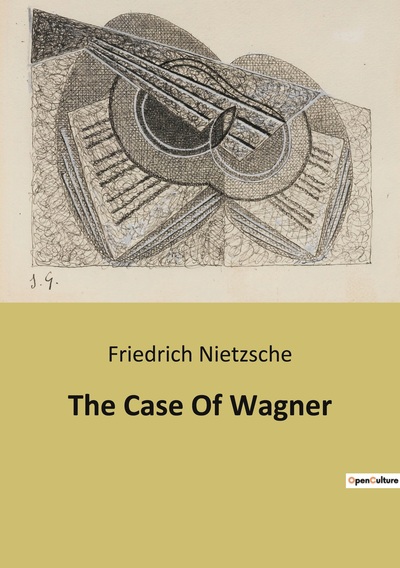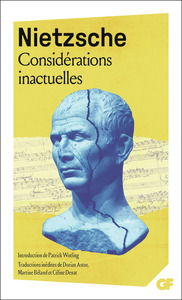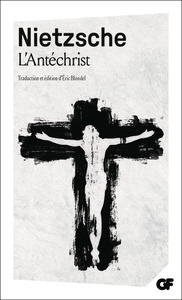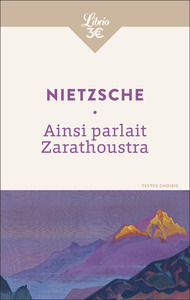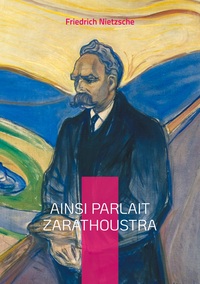Nous utilisons des cookies pour améliorer votre expérience. Pour nous conformer à la nouvelle directive sur la vie privée, nous devons demander votre consentement à l’utilisation de ces cookies. En savoir plus.
THE CASE OF WAGNER
EAN : 9791041940714
Édition papier
EAN : 9791041940714
Paru le : 21 déc. 2022
18,00 €
17,06 €
Disponible
Pour connaître votre prix et commander, identifiez-vous
Notre engagement qualité
-
 Livraison gratuite
Livraison gratuite
en France sans minimum
de commande -
 Manquants maintenus
Manquants maintenus
en commande
automatiquement -
 Un interlocuteur
Un interlocuteur
unique pour toutes
vos commandes -
 Toutes les licences
Toutes les licences
numériques du marché
au tarif éditeur -
 Assistance téléphonique
Assistance téléphonique
personalisée sur le
numérique -
 Service client
Service client
Du Lundi au vendredi
de 9h à 18h
- EAN13 : 9791041940714
- Réf. éditeur : 257716
- Date Parution : 21 déc. 2022
- Disponibilite : Disponible
- Barème de remise : NS
- Nombre de pages : 100
- Format : 0.60 x 14.80 x 21.00 cm
- Poids : 142gr
- Résumé : " Nietzsche wrote the rough draft of "The Case of Wagner" in Turin, during the month of May 1888; he completed it in Sils Maria towards the end of June of the same year, and it was published in the following autumn. "Nietzsche contra Wagner" was written about the middle of December 1888; but, although it was printed and corrected before the New Year, it was not published until long afterwards owing to Nietzsche's complete breakdown in the first days of 1889. In reading these two essays we are apt to be deceived, by their virulent and forcible tone, into believing that the whole matter is a mere cover for hidden fire,—a mere blind of æsthetic discussion concealing a deep and implacable personal feud which demands and will have vengeance. In spite of all that has been said to the contrary, many people still hold this view of the two little works before us; and, as the actual facts are not accessible to every one, and rumours are more easily believed than verified, the error of supposing that these pamphlets were dictated by personal animosity, and even by Nietzsche's envy of Wagner in his glory, seems to be a pretty common one. Another very general error is to suppose that the point at issue here is not one concerning music at all, but concerning religion. It is taken for granted that the aspirations, the particular quality, the influence, and the method of an art like music, are matters quite distinct from the values and the conditions prevailing in the culture with which it is in harmony, and that however many Christian elements may be discovered in Wagnerian texts, Nietzsche had no right to raise æsthetic objections because he happened to entertain the extraordinary view that these Christian elements had also found their way into Wagnerian music."
- Biographie : Friedrich Wilhelm Nietzsche est un philologue, philosophe, poète et musicien allemand. L'oeuvre de Nietzsche est essentiellement une critique de la culture occidentale moderne et de l'ensemble de ses valeurs morales (issues de la dévaluation chrétienne du monde), politiques (la démocratie, l'égalitarisme), philosophiques (le platonisme et toutes les formes de dualisme métaphysique) et religieuses (le christianisme). Nietzsche philosophe au marteau. Sa philosophie est volontiers lyrique, et aphoristique, se permettant certaines contradictions.

